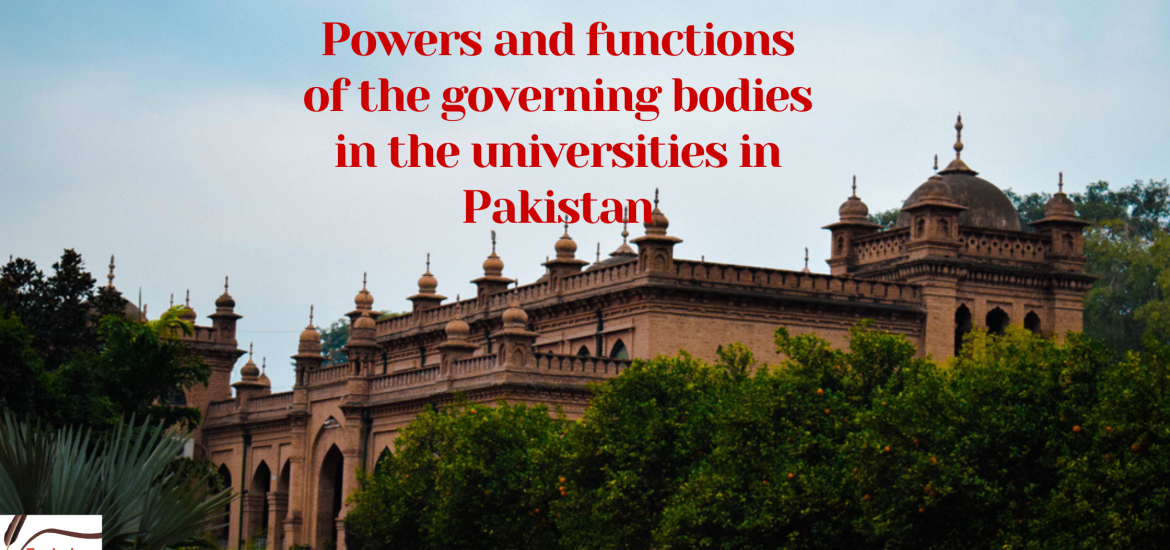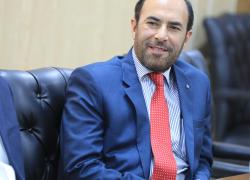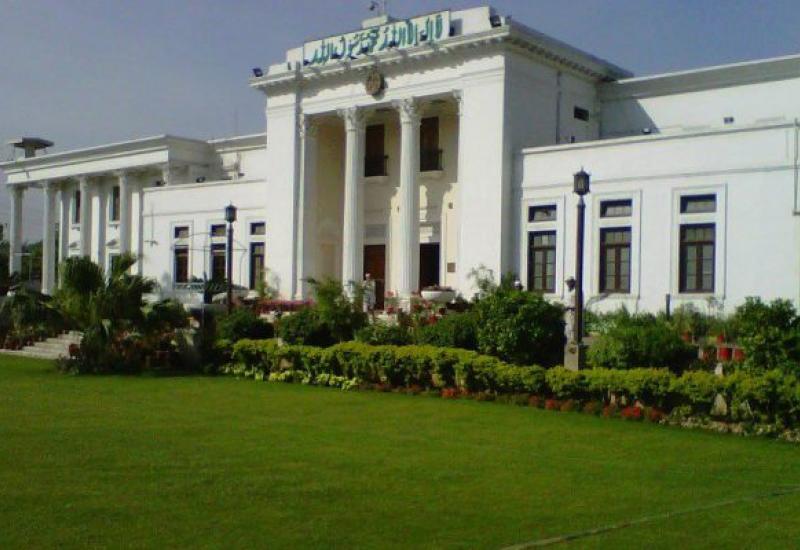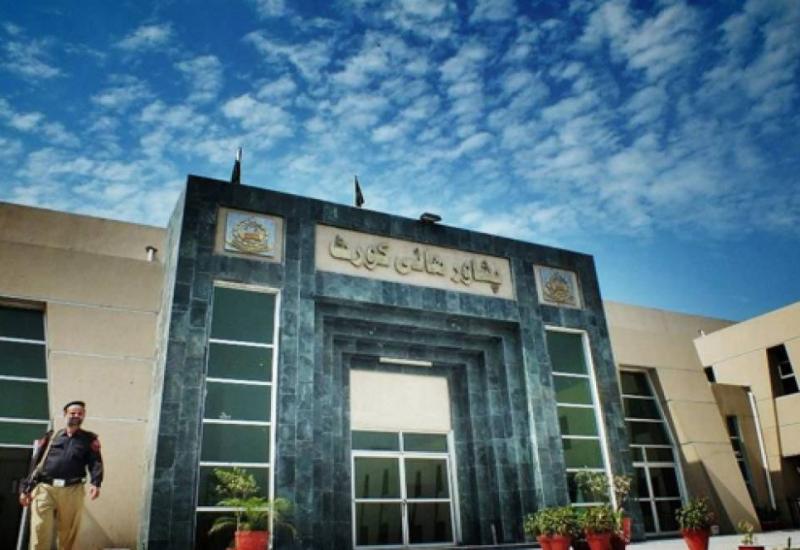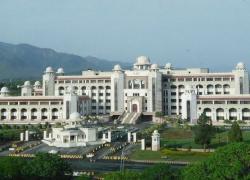Powers and functions of the governing bodies in the universities in Pakistan: Bridging the gaps between theory and practice
University portrays a distinct form of organizational structure for its widely represented powerful governing bodies and the presence of a top-down hierarchy. Universities are academic institutions supposed to have a long-term vision, mission, purpose, goals and objectives, nevertheless, these are getting professional bureaucracies accustomed to time-consuming decision-making processes followed by extensive debate and detailed discussion amongst peers, constituent units, faculties, departments and even diverse disciplines.
At the strategic level, the structure and composition of the modern-day university is unique in its own right, having semi-autonomous, loosely-coupled departments, highly fragmented internal structures with small teams sharing common interests in which the administration/management at the operational level is visualized as burdensome or a sinister tool of unwarranted interference to be guarded against and to be minimized wherever possible. This article delineates the role, powers and functions of the key governing bodies of the public sector universities in Pakistan in order to bring to the limelight the existing bottlenecks in their smooth functioning. This write-up shall be helpful for those who aspire for a professional career in the institutes of higher education or those who are serving in the universities but do not deal with the business of the statutory bodies more directly.
Major governing bodies in the Universities n Pakistan
In public sector universities in Pakistan, in general, the Senate used to be the principal governing body whereas, Syndicate is the executive body primarily responsible for the strategic level management. Senate being a diverse management team, viewed as a viable instrument for maintaining independent governance and executing authority in the universities. These widely represented bodies are responsible for the major decision-making functions in the universities.
In the presence of representatives from bureaucracy, the academic community, faculty and staff, these bodies enjoy a decent amount of autonomy, notwithstanding the bureaucracy desires to run the affairs of the universities purely on the model of public sector enteritis. Nevertheless, with all its inherent lacunas, the governance system in the universities is far more efficient, responsive and transparent than the public sector enterprises on the hand but requires reforms to play a more effective role, on the other hand.
Composition of the Senate
Chancellor being the chairperson, the Senate mainly comprises of the Pro-Chancellor (the Minister of the concerned administrative department), the Vice-Chancellor, one member of the Provincial Assembly, a retired Judge of the Peshawar High Court, four Secretaries of the provincial government departments such as higher education, Finance and Establishment including one Secretary of the relevant administrative departments, the Chairman HEC, one distinguished graduate of the University, two personalities from the academic community, four elected university faculty members, one elected university administrative officer and four persons from society at large being persons of distinction from divergent disciplines to create diversity and balance across various fields.
Functions of the Senate
Having the role of general supervision over the university, the Senate has a critically important role in the overall governance of the universities. To hold the Vice-Chancellor and other authorities accountable for its functions, the Senate has the powers to institute schemes, set direction and provide guidelines for the terms and conditions of appointment of officers, teaching faculty and other employees of the university, make appointments of members of the Syndicate, Academic Council, approve the proposed annual plan of work, annual and revised budget estimates, annual report and annual statement of accounts, review the quality and relevance of the university’s academic programs and accord approval for strategic plans, financial resource development plans and the Statutes of the university.
Composition of the Syndicate
With the Vice-Chancellor executing in the capacity of the Chairperson, Syndicate mainly comprises of a retired judge of the Peshawar High Court, all the Deans of the university, Secretary of the relevant administrative Department, three Secretaries of the Higher Education, Establishment and Finance Department or their nominees, two Principals of the affiliated colleges, four elected representatives of the teaching faculty (one Professor, one Associate Professor, one Assistant Professor and one lecturer), one Principal or Chairman or Director of the teaching departments / Institutes, three elected administrative officers, the Registrar and the Treasurer, one nominee of the HEC and one person of eminence to be nominated by the Chancellor.
Powers and functions of the Syndicate
The Syndicate having the role of general supervision over the management of the universities, functions to recommend annual report, annual plan of work, statements of accounts, annual and revised budget estimates to the Senate for approval. The Syndicate is empowered to enter into contracts on behalf of the university, cause proper books of accounts to be maintained, invest any money belonging to the university, receive and manage any property, grants, donations, endowments and other contributions made to the university, administer funds, affiliate or disaffiliate educational institutions and sanction all teaching faculty and administrative positions. Being competent forum, the Syndicate accords approval for fresh hiring of teaching faculty, officers and other employees and report to the Senate on the matters so desired, propose drafts of Statutes for approval of the Senate and to take actions necessary for the good administration of the university in general.
Gaps between theory and practice
It is interesting to note that despite the clear-cut provision in the Khyber Pakhtunkhwa Universities (Amendment) Act, 2016 -“the Senate shall meet at least twice in a calendar year”, not even a single meeting of the Senate of certain universities took place during the stipulated period of time. Besides, in defiance of what is delineated in the Act-“all decisions of the Senate shall be taken on the basis of the opinion of the majority of the members”, it has been noted that some members of the Senate used to have a dominant role and always call the shots during the proceedings of the Senate meeting. Moreover, contrary to what is provided in the Act that at least three members of the Senate shall be female, there used to be not even a single female member represented on the Senate of many universities.
Conclusion
The Senate and Syndicate being the vital statutory bodies with broad-based representations multiplied by boundless authority are having critically important functions in the universities. However, there are some key areas where there exist some gaps between theory and practice. Some provisions to that effect, sound theoretically fascinating but practically not viable which need to be fixed for a more effective and pragmatic role of these important decision making bodies.

